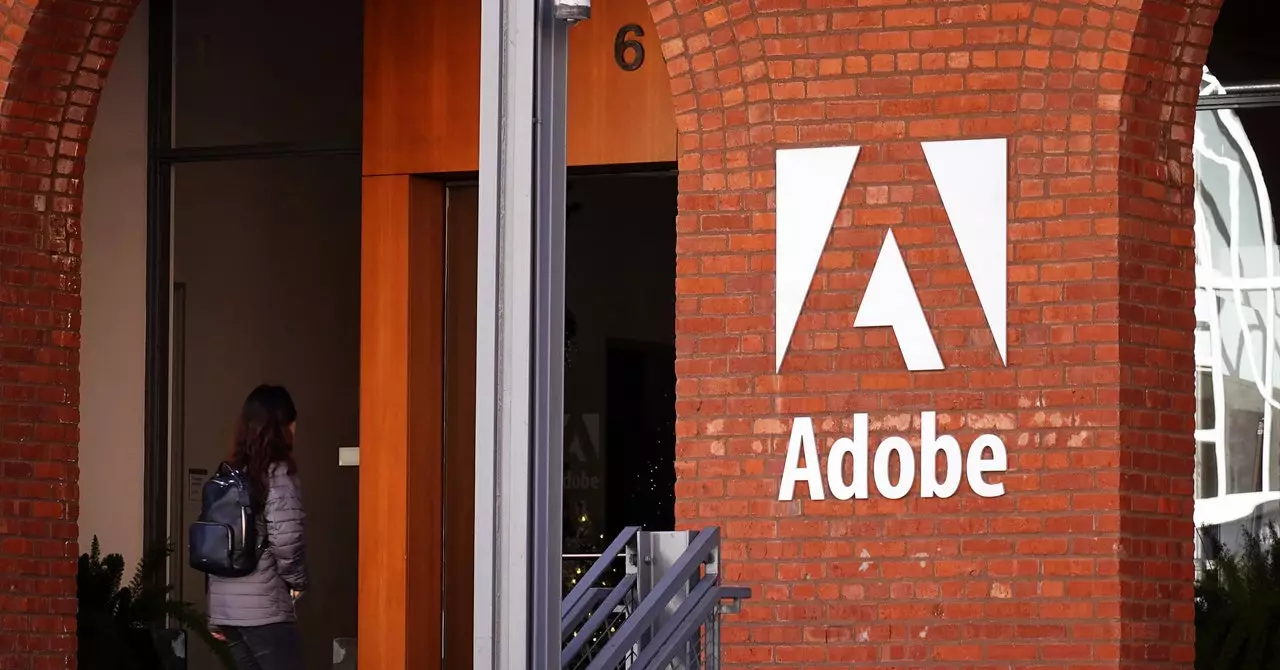When news broke about Adobe’s updated terms of service in February, artists and users were quick to voice their concerns. The language used in the update suggested that Adobe could access user content for the purpose of training its generative AI, known as Firefly. This caused a wave of uproar among artists who felt as though they were being forced to grant unlimited access to their work.
After facing backlash, Adobe issued a clarification stating that it would not use users’ content to train Firefly and provided an option for users to opt out of content analytics. However, the damage had already been done. The ambiguous language in the initial update had shed light on an underlying climate of skepticism among artists who heavily rely on Adobe for their work.
The issue of trust between Adobe and artists was brought to the forefront when award-winning artist Brian Kesinger discovered images in the style of his art being sold on Adobe’s stock image site without his consent. This led to increased concerns about content ownership and the potential misuse of artists’ work for training AI models.
As Adobe holds a dominant position in the industry, the fear of a market monopoly became a significant concern. Artists like Jon Lam expressed worries that despite Adobe’s reassurances, the company could still use their work to train Firefly without their consent. This raised broader questions about how such changes in terms of service could impact artists’ livelihoods in the long term.
The issue of nonconsensual use of copyrighted work by generative AI models is not new. Artists like Karla Ortiz and Greg Rutkowski have faced instances where their work was used without permission by AI models, leading to legal battles and concerns about the protection of intellectual property rights in the digital age.
Adobe’s position as the industry standard for creative software has been solidified over the past three decades. However, the company’s attempted acquisition of Figma was blocked in 2023 due to antitrust concerns, highlighting the growing scrutiny over its market dominance and potential impact on competition within the industry.
Adobe’s new terms of service have sparked a significant debate within the artistic community, raising questions about trust, ownership, and the impact of AI technology on the livelihoods of artists. As the digital landscape continues to evolve, it is crucial for both companies and users to navigate these changes carefully to ensure a fair and sustainable future for all parties involved.


Leave a Reply
You must be logged in to post a comment.